They were less cooperative on the photo front this week—I only take photos when I’m about to change their paper, so pardon the messy paper under them…Birds poop, and even tiny birds like hummers can make quite a mess!
While finch eye can be treated, the high incidence of recurrence and the disease’s high rate of contagion lead many rehabbers, me among them, to euthanize infected intakes. Better to put down that one bird than end up with dozens of infected birds.
The finch was brought to me while I was at Smalley’s Animal Hospital, where vet Peggy Hobby agreed with my assessment and euthanized the poor fellow for me.
We’re gonna attempt a live prey test this week, and if they can catch their own food, they’re good to go.
This is the time of year we see so many first-year birds who come in starving to death. Their parents have cut off the gravy train; their hunting skills aren’t sufficiently developed; they keep getting driven out of territories already claimed by older birds...I can’t help wishing this bird had eaten the offered mice or that I’d been able to capture her and ensure she had sufficient hunting skills before placing her back in the wild.
And yes, I’m aware we can’t save ‘em all and that nature is cruelly efficient in weeding out those raptors lacking survival skills. But I also know that sometimes all a young raptor needs is a few extra days or weeks of help to ensure they have the skills to survive. And when a young raptor shows up in my yard and I suspect it needs help, because I have the skill, permits and means to assist it, I’ll do whatever I can for that bird. In the case of most of my readers who lack the training, supplies and required permits, if you suspect a raptor needs assistance, don’t hesitate to call your local rehabber ASAP. Sometimes even one day can mean the difference between life and death for that bird.
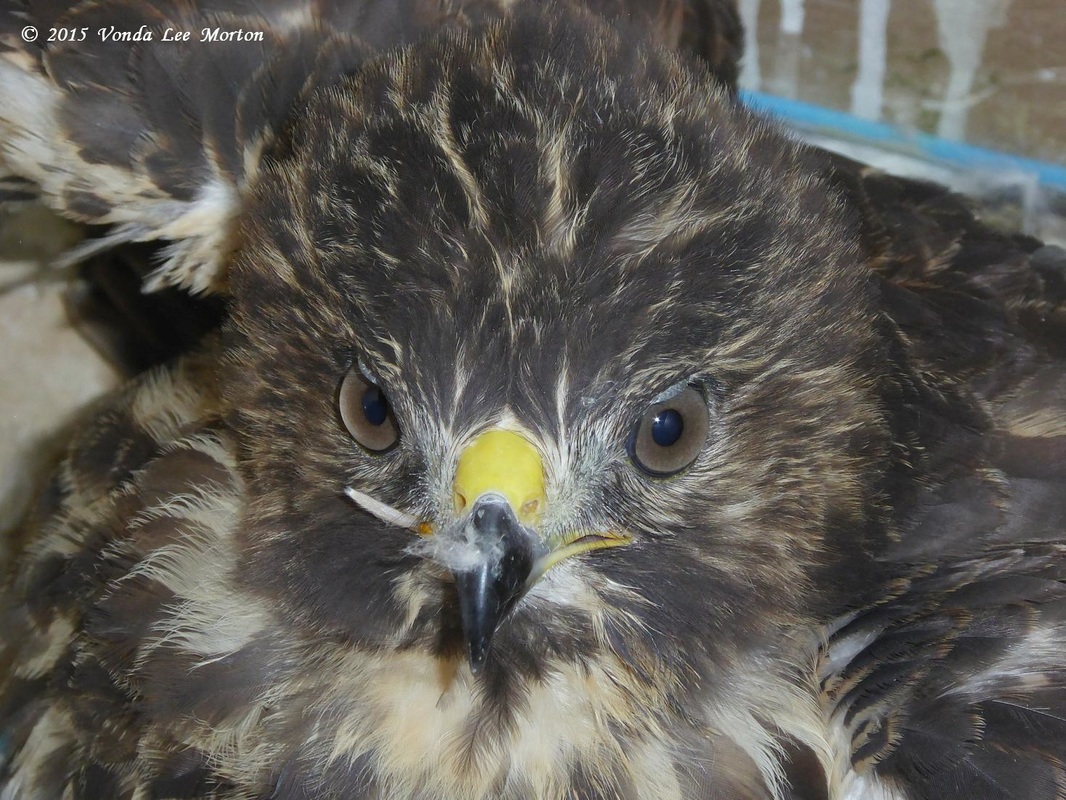
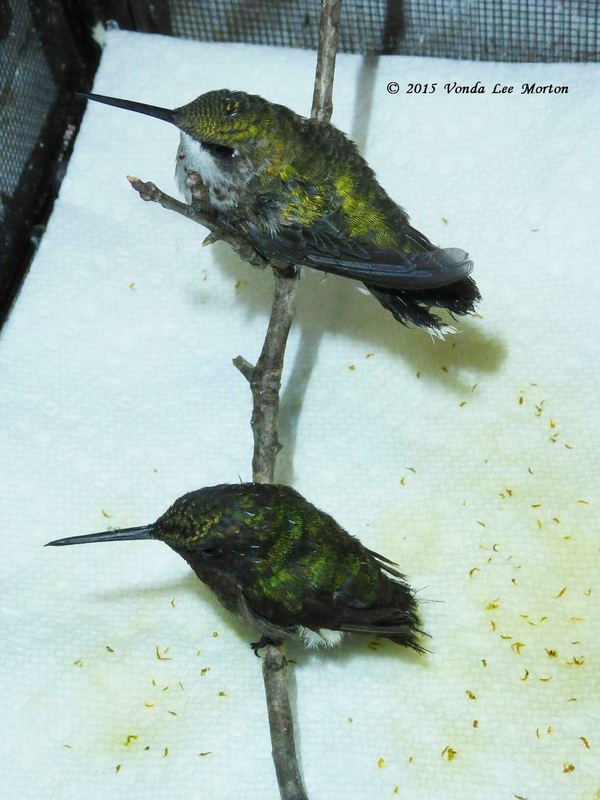
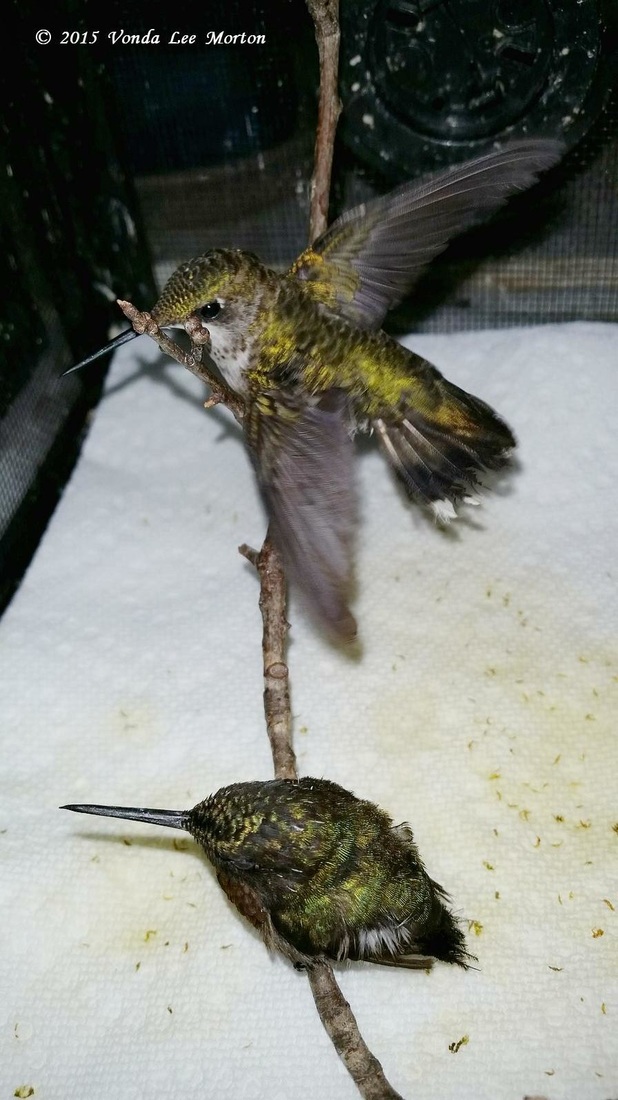
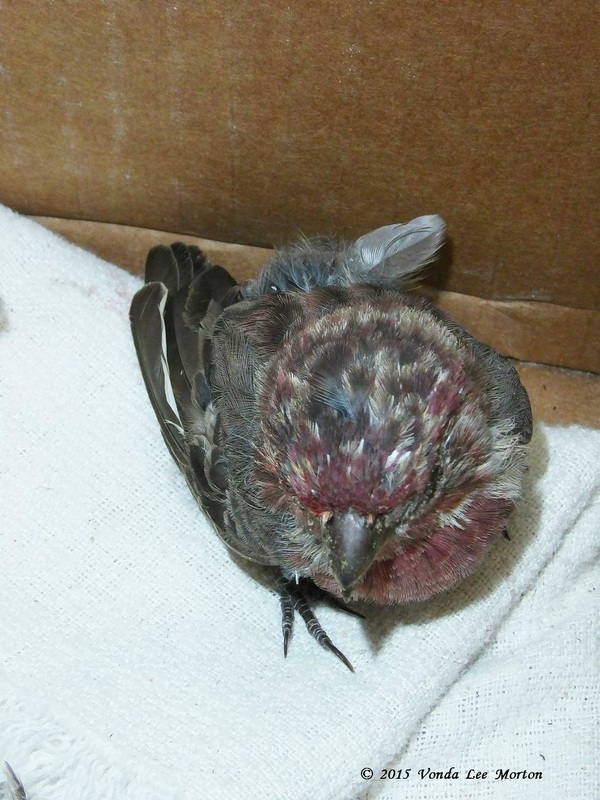
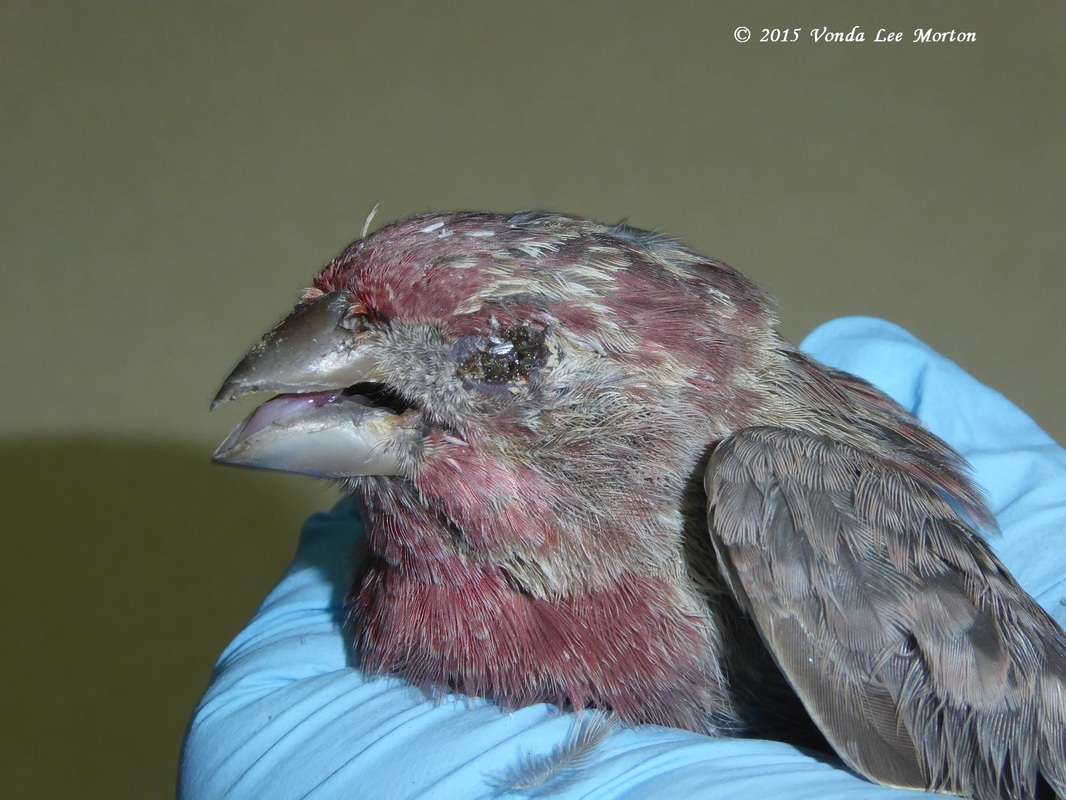
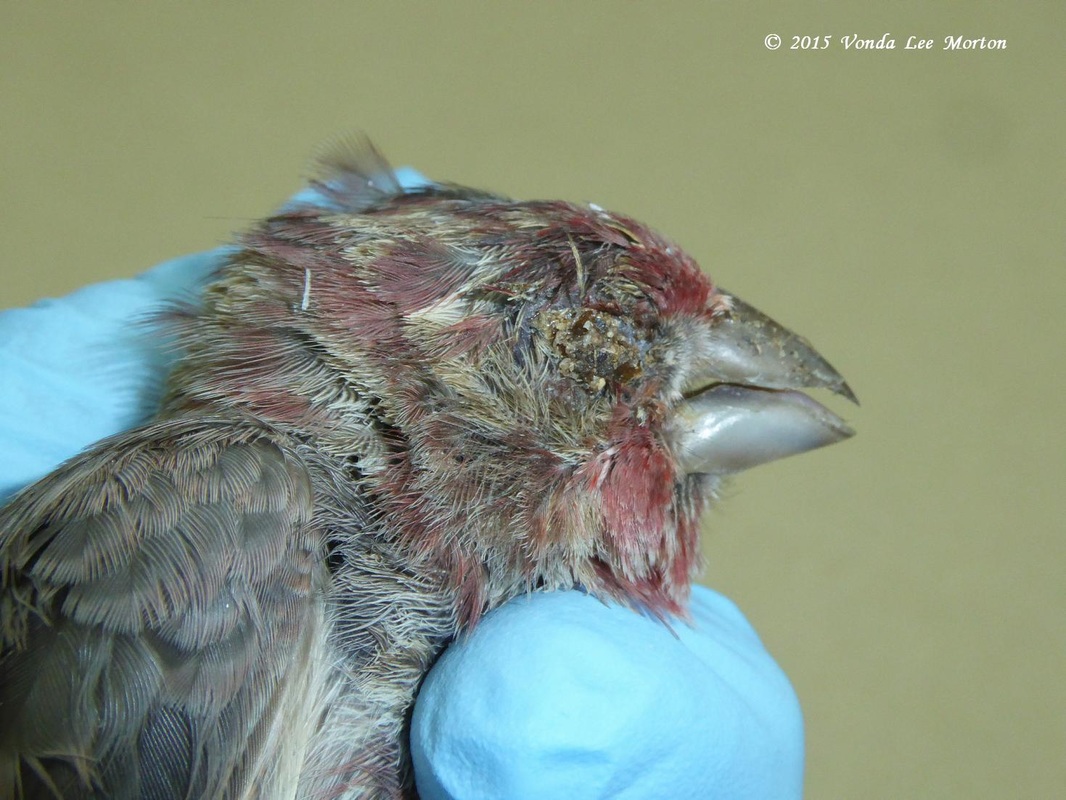
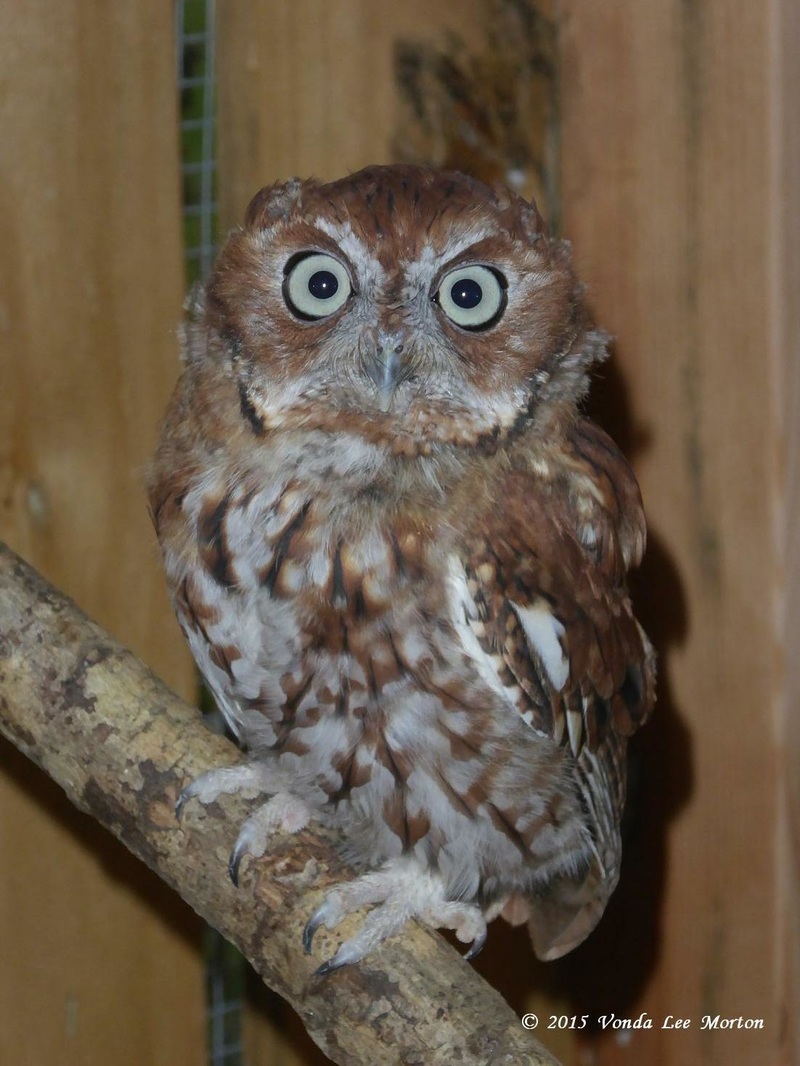
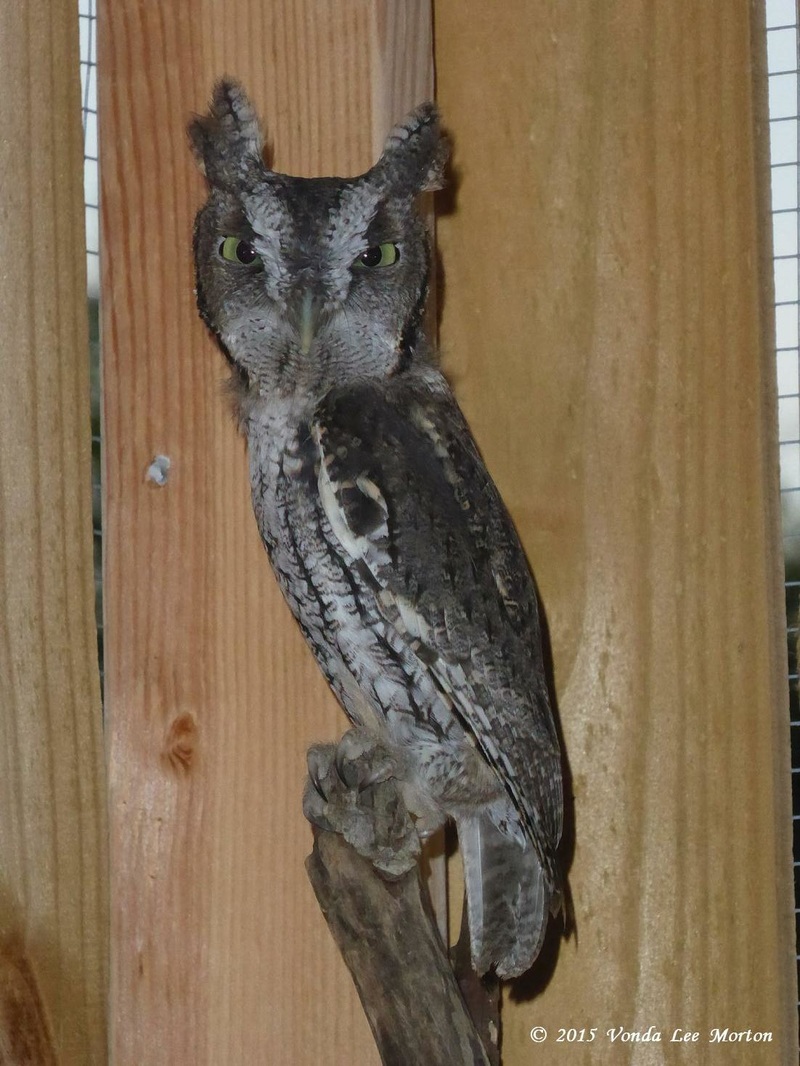
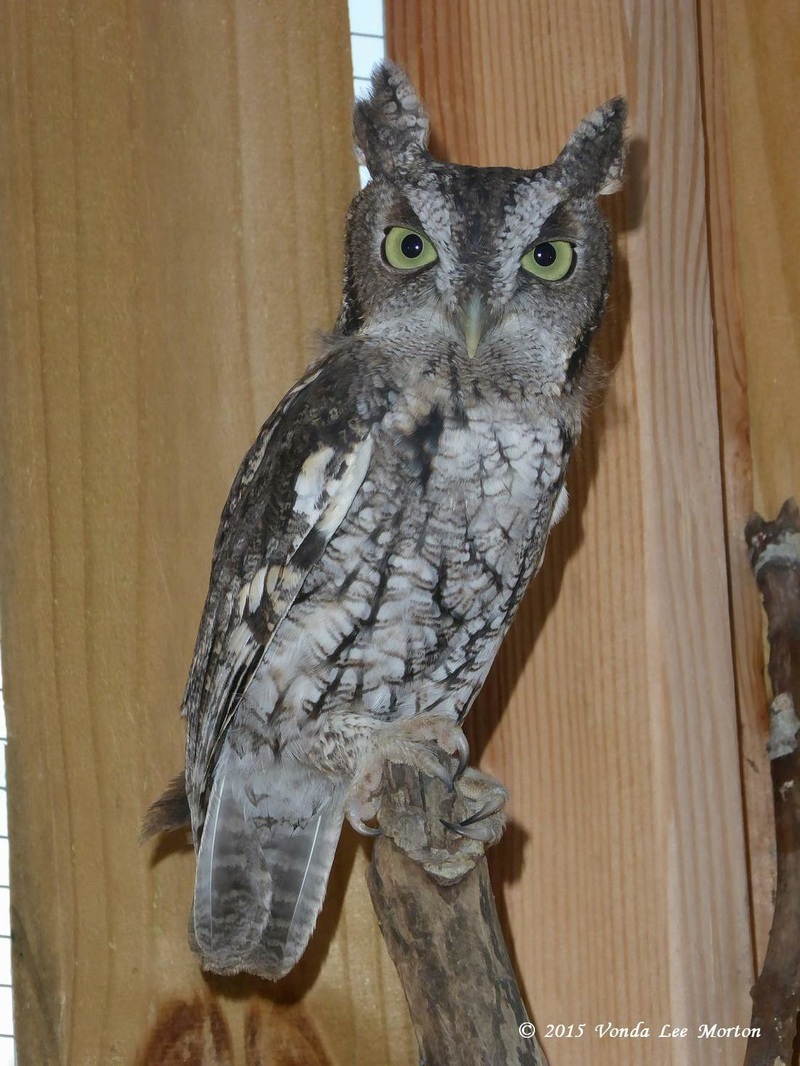
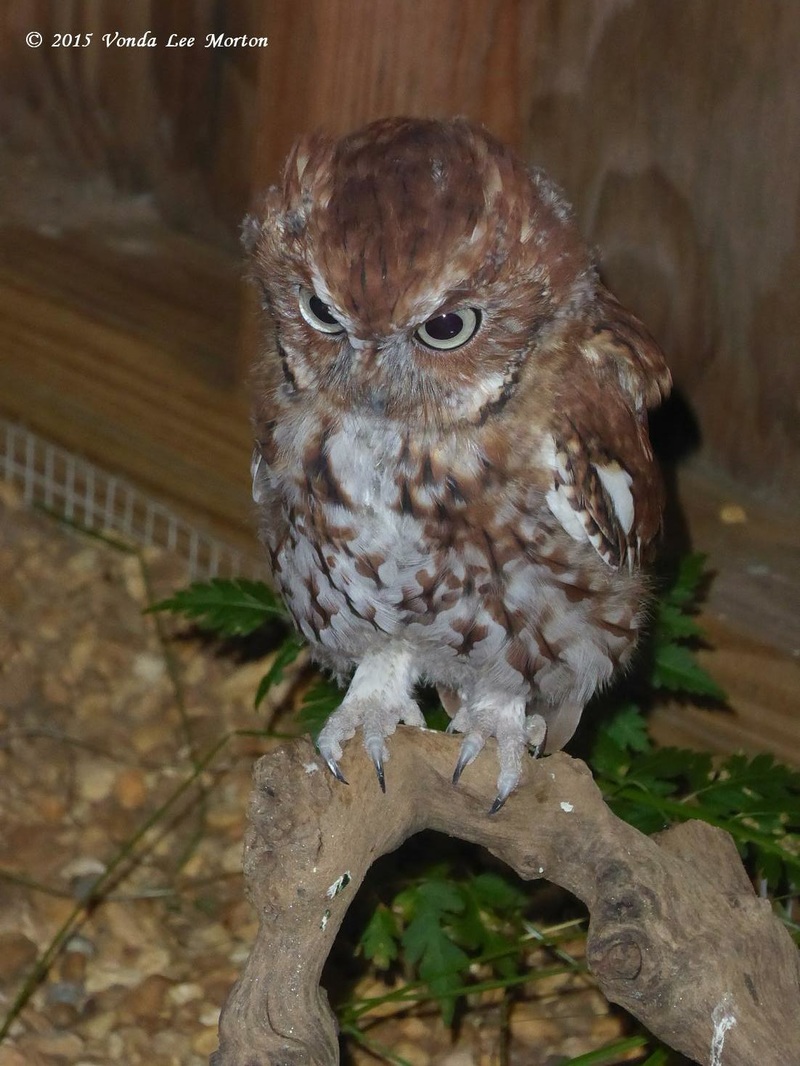
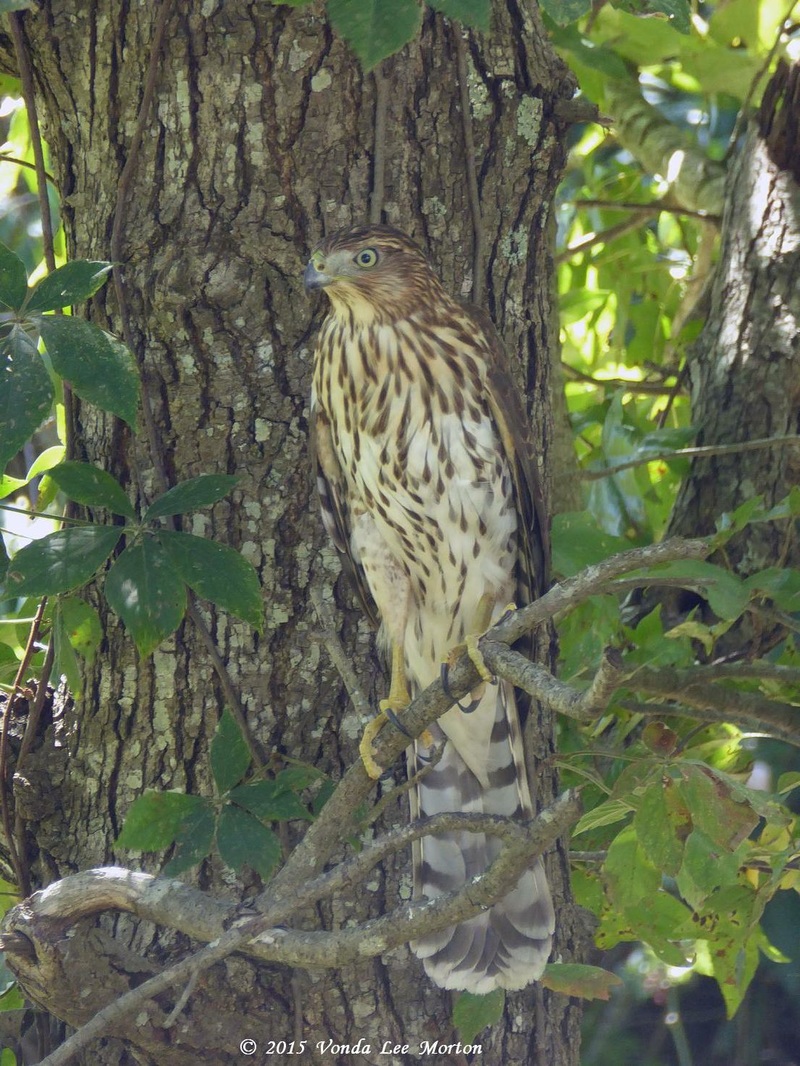
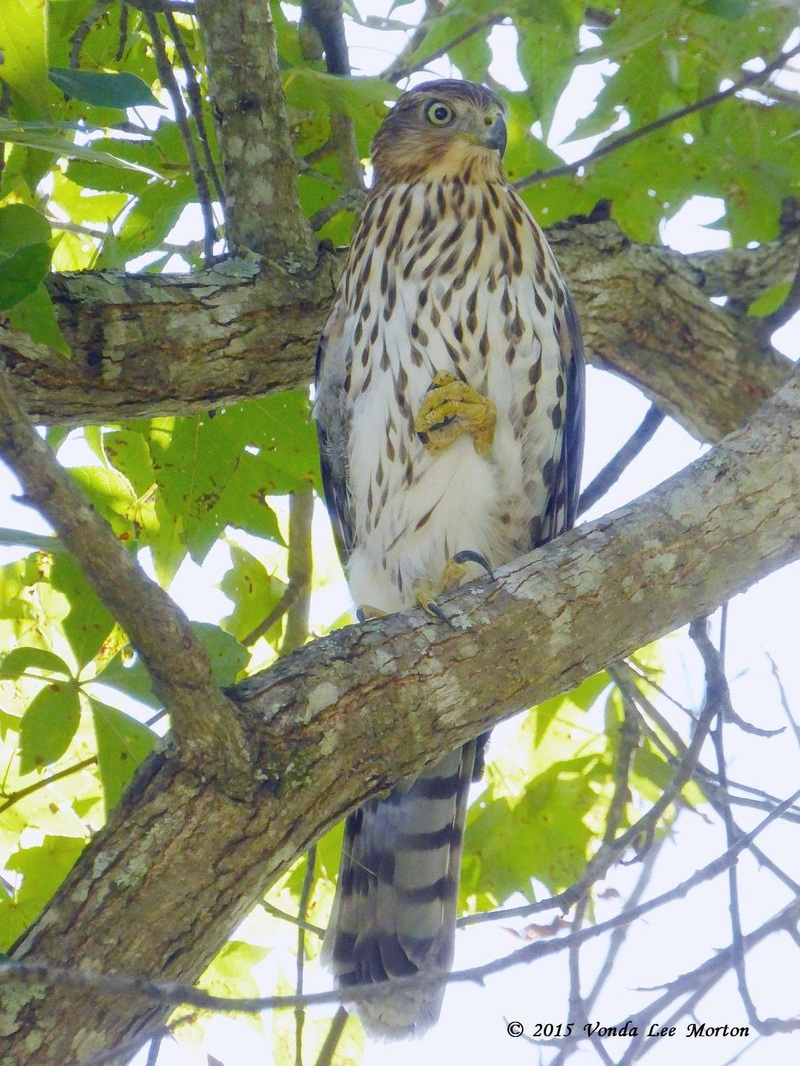
 RSS Feed
RSS Feed
